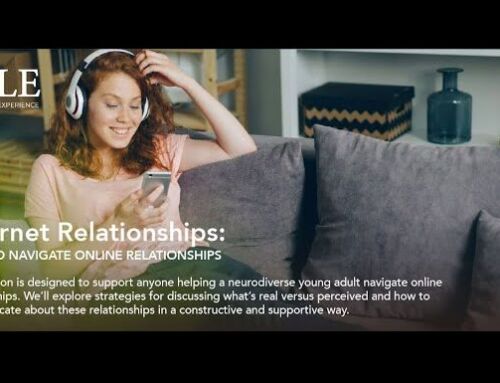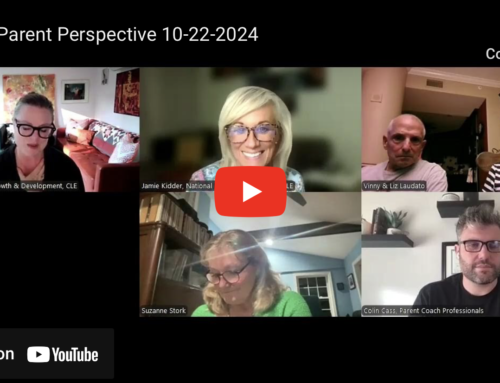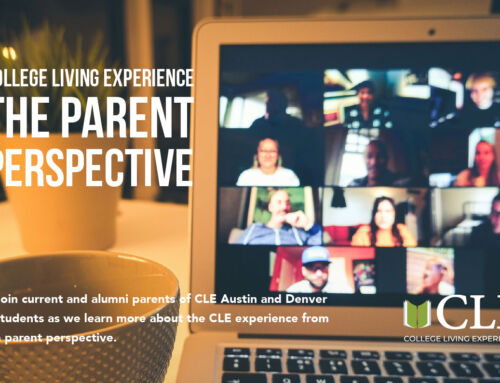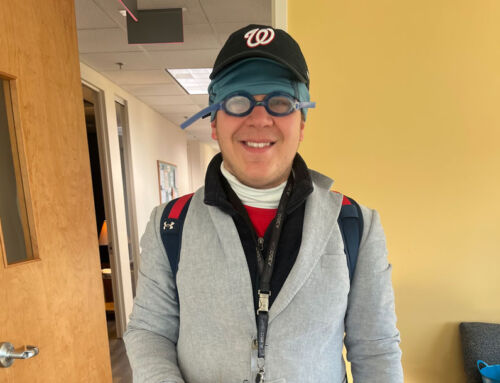By Dana Grote, Ph.D. CLE Denver
Have you heard some of these common myths about autism… “Everyone with autism is ‘anti-social’ and doesn’t want friends,” or “People with autism are all pretty much alike,” or “People with autism don’t feel any emotion”?
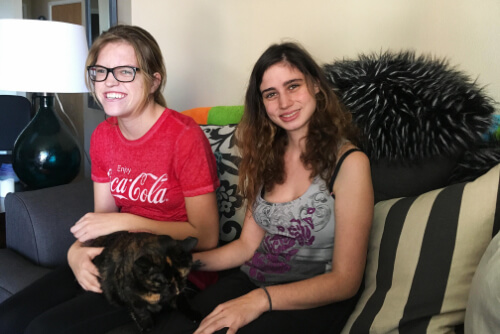
In addition to the myth that people with autism do not want friends, the myth that “people with autism are all pretty much alike” can also be easily debunked. While some individuals on the autism spectrum demonstrate characteristics and behaviors that are commonly associated with the disorder, such as a tendency
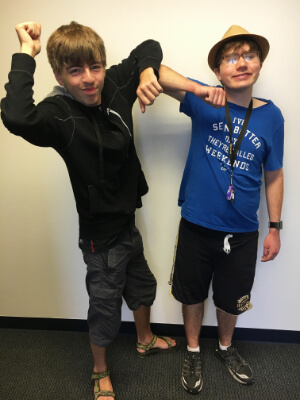
In terms of the myth that “people with autism don’t feel any emotion,” the truth is that people with autism feel the same emotions other people feel but they may have difficulty expressing their emotions or may communicate their emotions differently. I have worked with individuals with autism who feel emotion quite deeply and are often frustrated by friends and family who do not understand that. I liked the way one blogger, who goes by “TechyDad” and has Asperger’s Syndrome (often referred to as “High-functioning autism” now) explains it:
“Think of an Aspie’s emotions as being hidden behind a big sheet of tinted, sound-proof glass. You stand on one side and the Aspie’s emotions are on the other side. Through the tinted glass, you might be able to make out some shapes on the other side, but you won’t see it clearly. Meanwhile, the Aspie on the other side is trying desperately to communicate how he or she feels. Talking doesn’t seem to work and small movements seem to be lost on the other side as well. Big movements might work, but lack any form of subtly. An observer on the other side of the glass might mistake the lack of small movements/sounds for a lack of emotions – until the Aspie makes big movements or big sounds that get through the sound-proof glass. The neurotypical observers are surprised but the Aspie is frustrated. It’s like living in an emotional cage.”
Hopefully, with increased knowledge and awareness of autism, these and other myths about people with autism will begin to fade away and acceptance and appreciation of the differences in people on the spectrum will grow. One of my favorite quotes by Temple Grandin sums it up beautifully…


